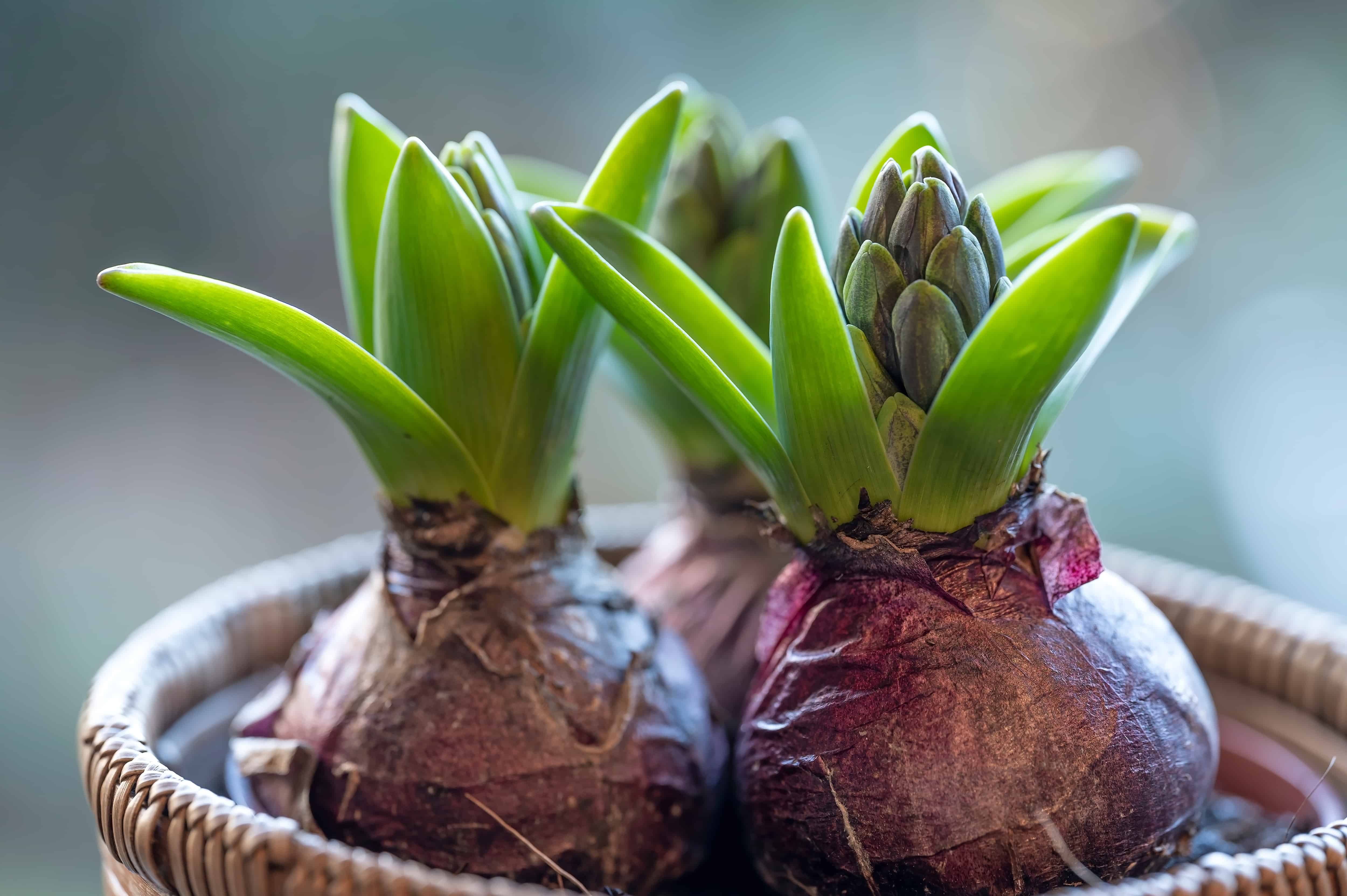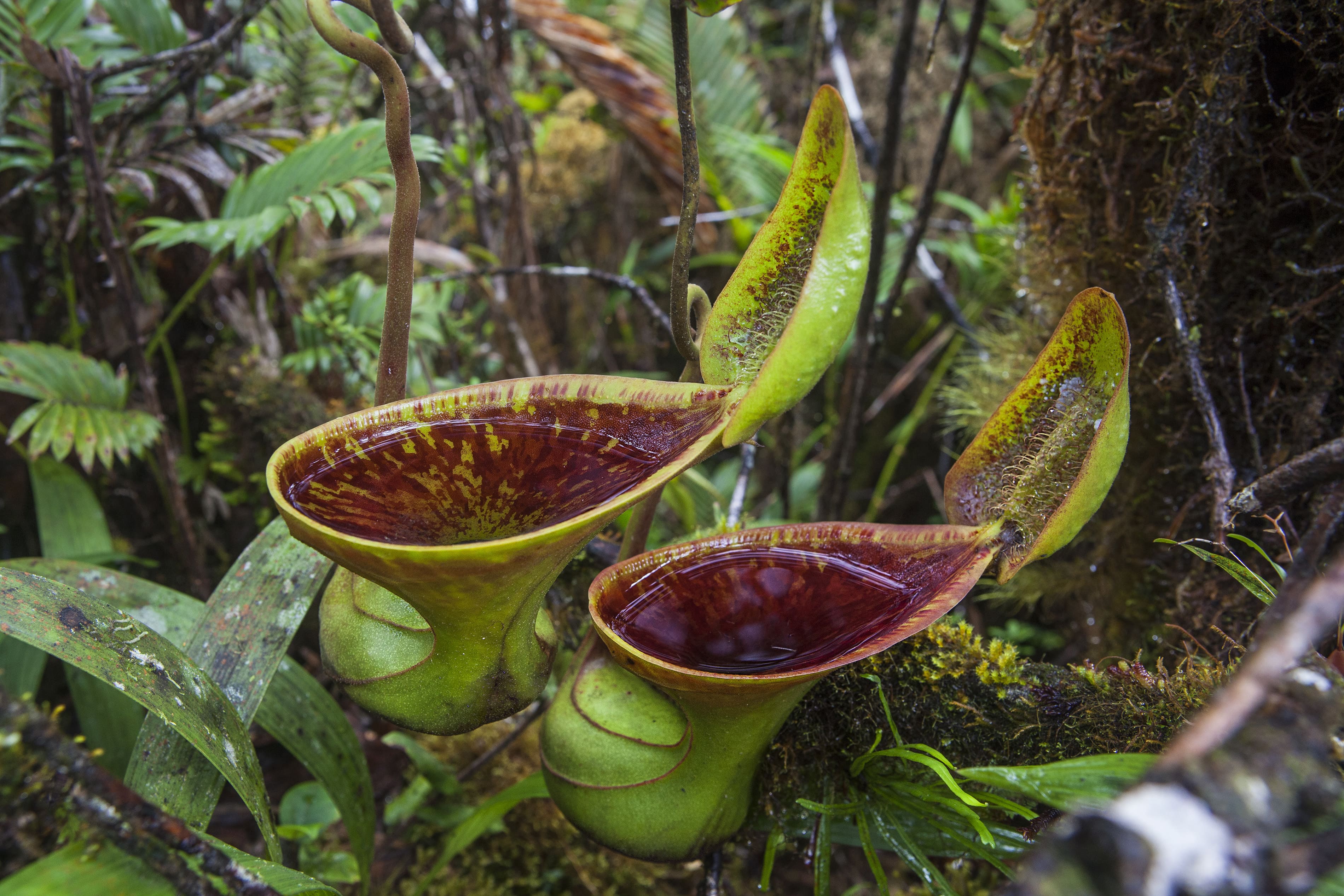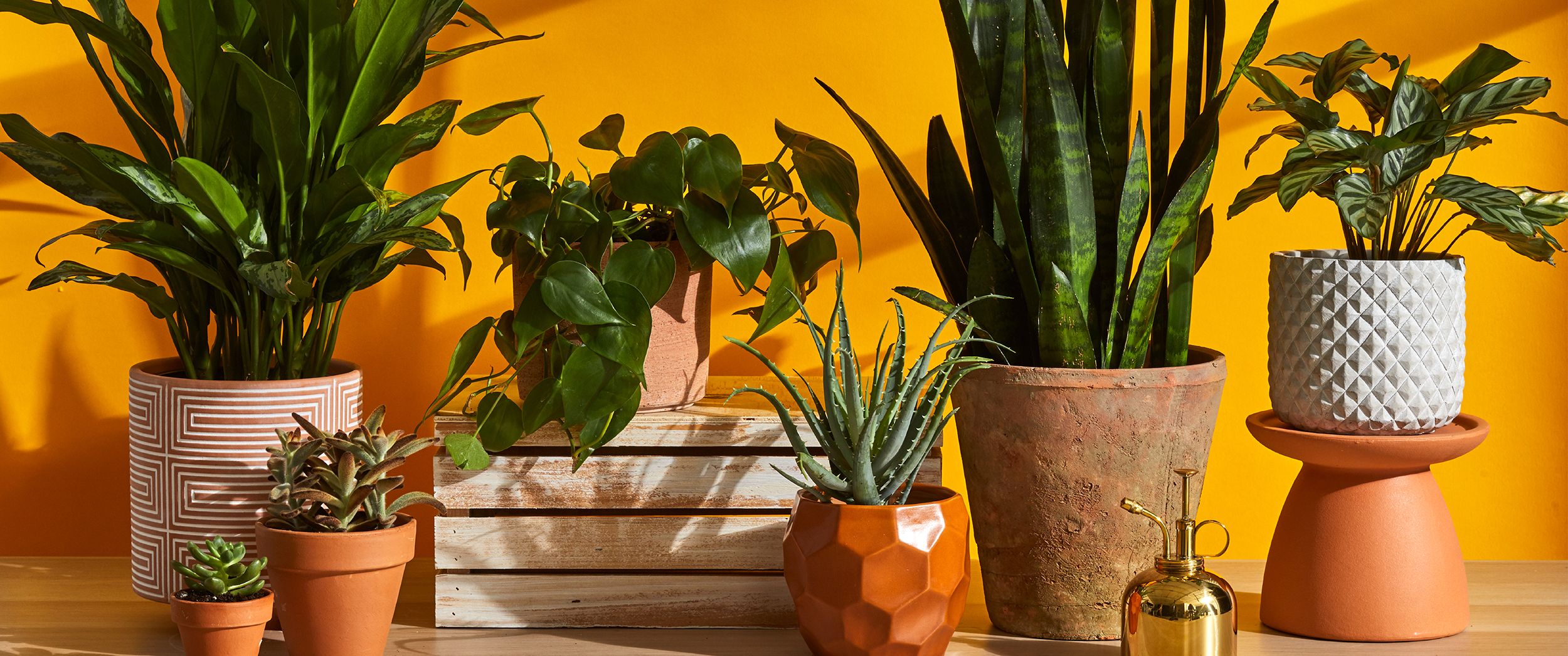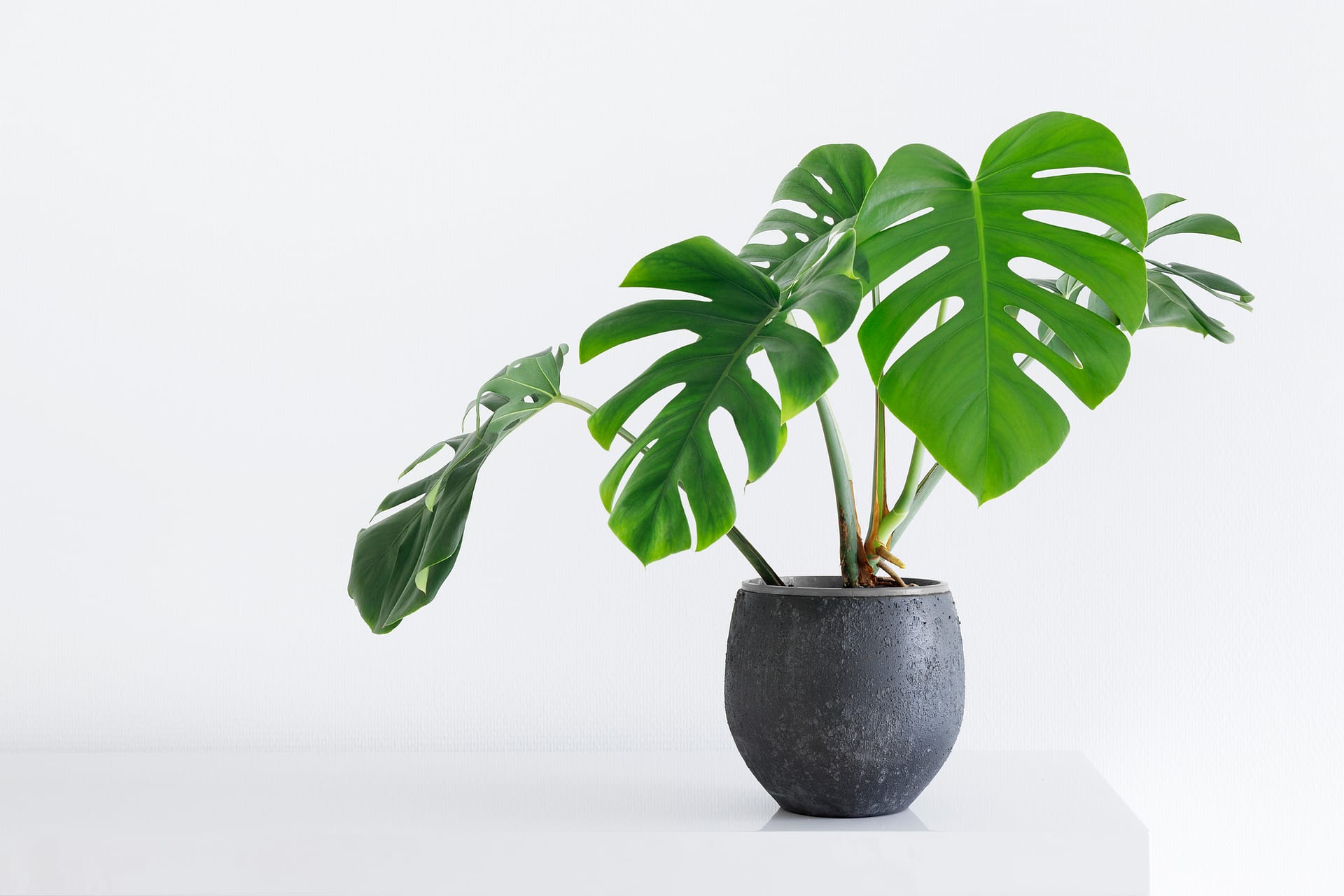Exploring the intricate worlds of plant and animal cells can be a fascinating endeavor. Coloring pages not only serve as a creative outlet; they also facilitate learning about cellular structure. Understanding these basic building blocks of life is crucial in biology. Let’s delve into some answers and observations regarding plant and animal cell coloring pages.
Plant Cell Coloring Page

The plant cell, a remarkable structure, is enveloped in a rigid cell wall, providing it with strength and stability. Inside, the chloroplasts gleam vibrant green, harnessing sunlight for photosynthesis. A coloring activity for plant cells invites vivid interpretation, where learners can use shades of green and various colors to depict organelles like vacuoles and mitochondria. Through this artistic lens, one gets to appreciate the symbiotic life within this miniature fortress.
Carnivorous Plants

When considering plant cells, carnivorous plants add an exciting twist to the palette. Their unique adaptations allow them to thrive in nutrient-poor soils while capturing unsuspecting prey. Depicting such plants in a coloring activity can spark intrigue and curiosity in learners, encouraging them to discover the delicate balance between beauty and survival that these plants represent.
Animal Cell Coloring Page

Transitioning to animal cells, one realizes the elegance of their design. Unlike their plant counterparts, they lack a cell wall. Instead, they possess a flexible membrane, enabling adaptability. The nucleus, often highlighted in a bold hue during coloring, symbolizes control within the cellular realm. As learners engage in this activity, they commit to memory the various organelles, nurturing their understanding of life at a microscopic level.
Uniting Plant and Animal Cells

Ultimately, the contrast and comparison between plant and animal cells forge a comprehensive understanding of the biological tapestry. In classrooms, educators can create engaging discussions on how these cells interact within ecosystems. The intricate designs presented in coloring pages open a dialogue about the magnificence of life’s building blocks — calling attention to both their commonalities and unique attributes.
Final Thoughts

Engaging with plant and animal cell coloring pages fosters not only artistry but also deepens one’s appreciation for life. The interplay of colors and biological structures paints a vivid picture in the mind, illuminating the wonders of nature’s design.
If you are searching about Ultimate Plant Guide: Tips to Keep Your Houseplants Alive you’ve came to the right place. We have 10 Pics about Ultimate Plant Guide: Tips to Keep Your Houseplants Alive like What are Plants, Plant Parts and also Ultimate Plant Guide: Tips to Keep Your Houseplants Alive. Read more:
Ultimate Plant Guide: Tips To Keep Your Houseplants Alive

www.goodhousekeeping.com
Ultimate Plant Guide: Tips to Keep Your Houseplants Alive
Plant Parts

ar.inspiredpencil.com
Plant Parts
Carnivorous Plants | Royal Botanic Gardens Victoria

www.rbg.vic.gov.au
Carnivorous plants | Royal Botanic Gardens Victoria
Plants Facts | Olympiad Tester

olympiadtester.in
Plants facts | Olympiad tester
What Are Plants

watchandlearn.scholastic.com
What are Plants
Flower Bulbs: How To Plant, Care For, And Grow Beautiful Blooms

a-z-animals.com
Flower Bulbs: How To Plant, Care For, And Grow Beautiful Blooms
Frontiers In Plant Science | Plant Breeding

www.frontiersin.org
Frontiers in Plant Science | Plant Breeding
Year 2 Science Unit: Lesson Plans On Plants And Plant Growth

www.kapowprimary.com
Year 2 Science Unit: Lesson Plans On Plants And Plant Growth
Unit 5: Plant Form And Function (28-31)

bfrankbio.weebly.com
Unit 5: Plant Form and Function (28-31)
5 Facts You Didn't Know About Plants – Cottage Life

cottagelife.com
5 facts you didn't know about plants – Cottage Life
Flower bulbs: how to plant, care for, and grow beautiful blooms. Frontiers in plant science. Plant parts
